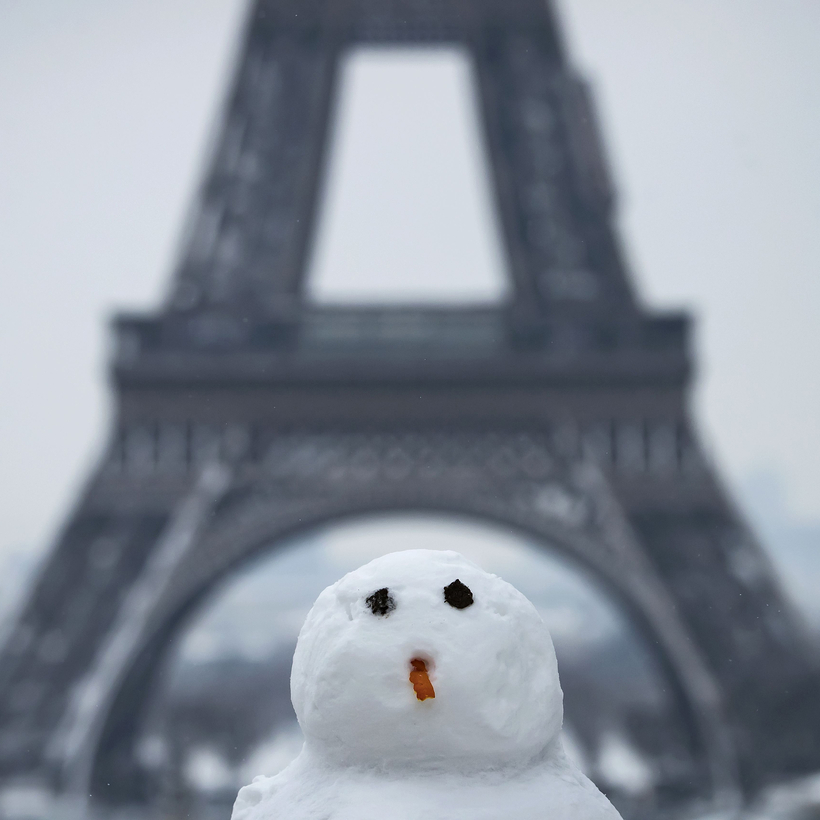Like many American expats in France with a spare bedroom, I welcomed my family to my home this Thanksgiving. Then I spent the next two weeks following my careless siblings around, turning off lights, grumbling loud enough to be heard.
“If we don’t use less electricity now, there will be rolling blackouts in January.” My diatribe rang out over the breakfast table of my poorly insulated stone house in Le Perche, a damp forest region in Lower Normandy. There we hunched over cafés au lait in knit hats and down vests, because space heaters to supplement already inadequate central heating were now entirely off the menu.


